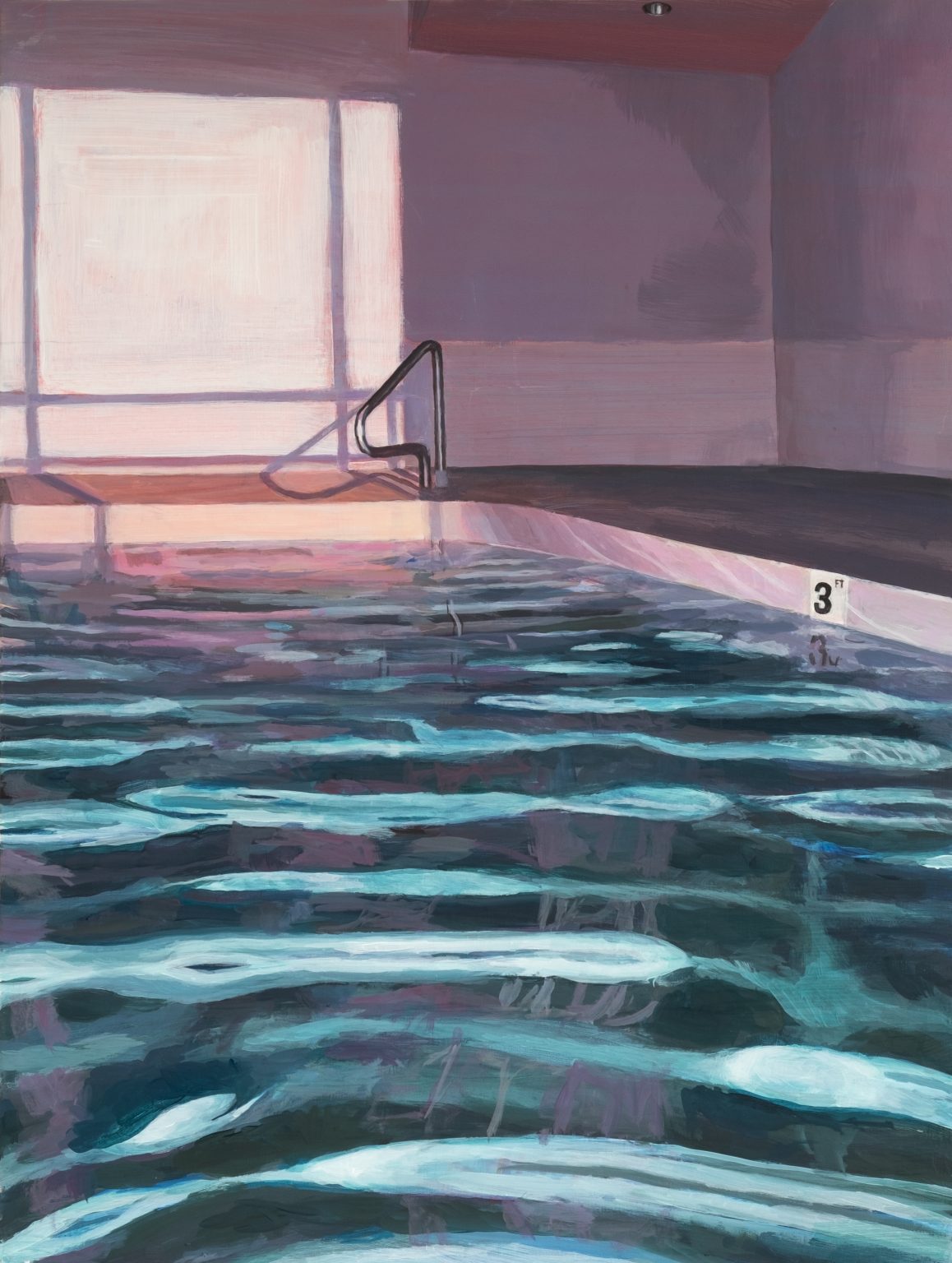By Courtney Lehikainen
Her name was Thetis, and she was from the sea. And like the sea, she could not die. She ebbed and flowed, her mood changing with the centuries. At times she beat the rocky cliffs into sand relentlessly, drowning sailors and sending ships to the bottom of the sea that was also Thetis. Sometimes she was smooth and placid, movements precise and sometimes barely there at all. She was too uncaring, nearly unfeeling, and always undying.
His name was Achilles, and he was from the sea. But he was also from the land, and that was the problem. The land could be beaten into submission, devoured by waves and floods and rain. Thetis had killed many from the land, had personally eaten miles into the cliff faces that dared touch her. He was from the land, and he was from the sea. He was not like his mother.
The birth was simple, though to Thetis most things were. When she realized the child needed air, she was frightened. What was this creature that she had created, half one world and half another? If Achilles were not so beautiful she may have killed him then. Her sisters wanted to, eagerly reaching for the bundle in her arms. But he had a head of dark curls like hers, and amber eyes. She waved their sharp fingers off, confused at herself, and made for the light above.
She hid him in a cave on the surface, where cold rock and water met. He floated on the surface in her arms, and she hated that she loved him. Such a fragile thing with wide eyes and red blood running through his veins. So hungry and so small. They thought she was crazy, her sisters. He will die soon, they told her. His life is but a moment. You are unending, Thetis, leave him. She had tried. She left him in the cave for two days, once. Hoping she could resist the urge to return. But his weak cries were carried by the sea to her ears, and she clutched him and promised not to leave again.
He was not growing as the other land children seemed to. She tried to get him to eat—fish and seaweed and even some seabirds. He would not take them and seemed to be dying before her eyes. She was growing desperate. This small thing, this accident that she had made, she could not save. She began to watch the people on land, the father and his followers. She saw the children they raised, healthy and pink. But she also saw the way they killed each other, the diseases that took the children, and the fear on their faces as they died. She did not feel bad for them. She had killed many. But she would not let them kill her son.
That is what brought her to stand on the bank of the river, feet unfamiliar with the feeling of land but steady. She held him by the heel and dipped him in the river. Please, she pleaded. Make him steel. Make him metal. Make him live. This thing, this child who should not exist. Please make him live. He did not have the strength to cry, though he flinched as he entered the water. She wondered if it burned his mortal infant skin. Even still, she dipped him twice, to be sure. He was raw and red when she pulled him out of the darkness, hardly moving.
His father found him on the beach, cradled with seaweed and feathers. Thetis was nearby. He is a monster, she told Peleus. He belongs nowhere. The man gathered Achilles in his arms. He belongs with me, he told her. He is my son. Thetis’ eyes flashed. Then he is yours to keep or kill, she replied, for I am no mother. Peleus nodded in deference, fear evident on his face, and Thetis turned back to the sea. She did not look back at him, but four men from the land drowned that night, and the mother who was not a mother felt no pity.
His name was Achilles, and they killed him anyway. He did not even live very long. The fragile child became a hero and then the child was killed.
Her name was Thetis, and she was from the sea. And she was his mother. And she could not save him.
Courtney Lehikainen is a senior in the photography program at BYU. She specializes in fine art and darkroom processes, but will always have a love for words. Courtney was born and raised in Modesto, California, though she now resides in Utah Valley.



